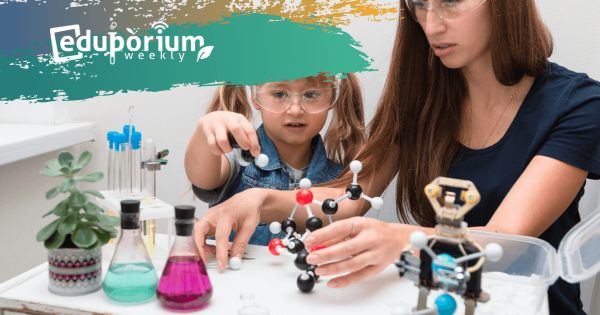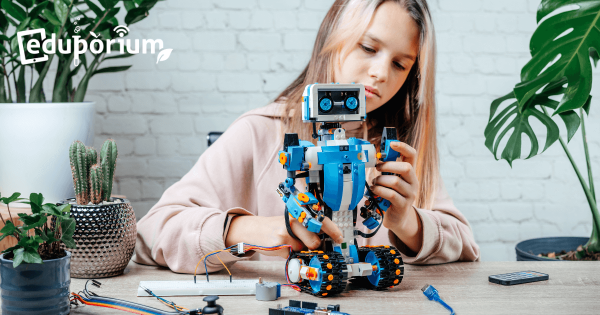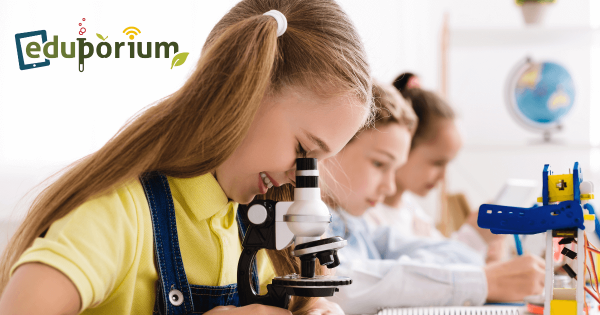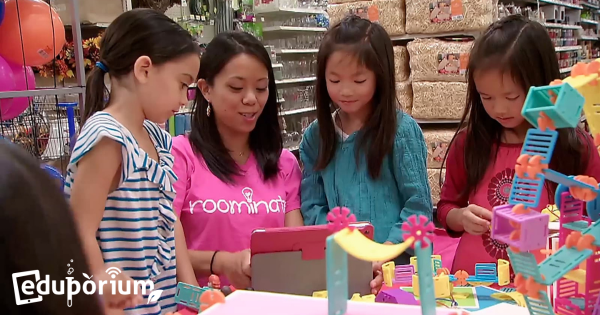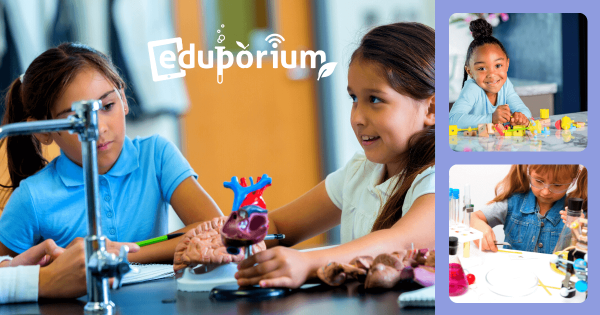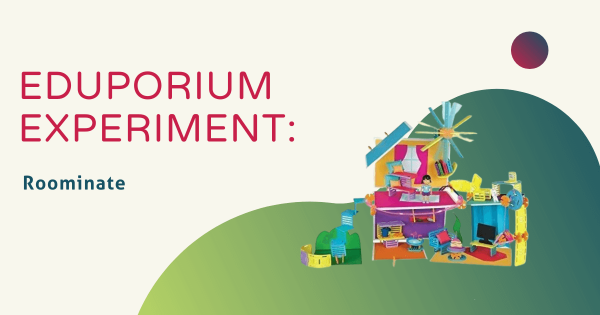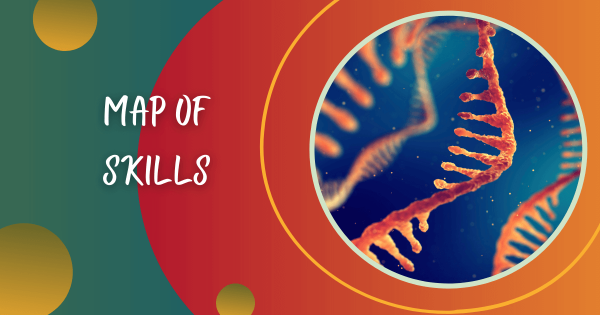The economy is filled with vacant STEM jobs that not enough people are qualified to fill. For whatever reason, there are not enough college students pursuing STEM majors, like coding, robotics, engineering, and more. Could it be something as simple as not realizing that the STEM economy is where the jobs are?
Women in STEM
-
CS Ed Week Is Not Complete Without Getting Girls Involved
Coding is a skill that’s going to be extremely relevant for everybody in the future and something that all students need to experience from the onset of their education. And, yes, this includes girls. For whatever reason—many of which we’ll get into later—girls seem to lack the same interest boys have in STEM education but we can do something about -
What We Can Do to Get More Girls In STEM
It’s incredibly discouraging, but, for one reason or another, women have not always had the same opportunities when it comes to STEM careers as men. To provide girls with the opportunities they deserve, educators have to get them interested from the onset. Whether it’s during the school day or during the summer, girls need more opportunities. -
Got A Girl Who's Loving STEM? What's New From Roominate
Designed to make engineering fun for girls, Roominate empowers them to control exploration by making them the architect, the engineer, or even the electrician! It’s a neat way to build Future Ready kids while they strengthen design and engineering skills by building cafés, cars, and even brand-new houses! And, we’ve got some new STEAM kits just for that! -
Eduporium Weekly | Girls in STEM
Have you ever heard the phrase “bucking the trend?” It’s usually used when something in particular has been the status quo for a number of years and a group of dedicated individuals decides that they want to be a part of it instead of watching from the sidelines. When it comes to the number of girls who pursue CS careers, -
Eduporium Experiment | The Roominate Kits
There are few toys more iconic than the dollhouse. Almost every little girl has one and it’s easily always been one of the most popular products out there. Roominate is a dollhouse, but what sets it apart is its modern twist. Users can customize it however they want and learn a thing or two about circuitry in the process. -
Map of Skills | Discovery of RNA Sequences
In this “Map of Skills,” Kaila Deiorio-Haggar, a Ph.D. Researcher at the Meyer Laboratory of Boston College, describes her work on autogenous ribosomal elements in bacteria. She uses computational frameworks to discover autogenous ribosomalelements in bacteria and talks about the computational alignments of genomic structures.
Page
- Page Previous
- Page 1
- You're currently reading page 2




